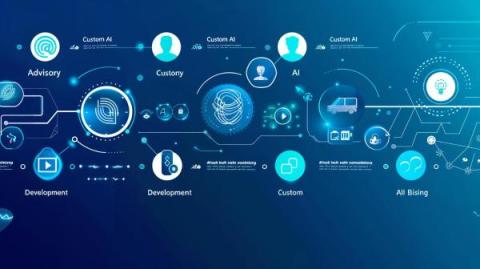Why There's No Such Thing as PCI Certification
If your business takes debit or credit card payments online or in person, you’ve most likely heard of “PCI DSS” or “PCI SSC.” These words relate to sensitive data security procedures, namely the controls that a retailer or payment processor should have to protect payment card data from cyber attacks. Being PCI compliant does not ensure a company’s systems are safe; nonetheless, it is a significant step in that direction.



